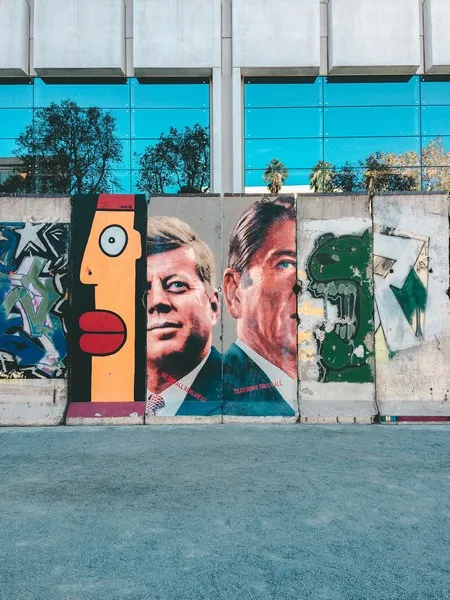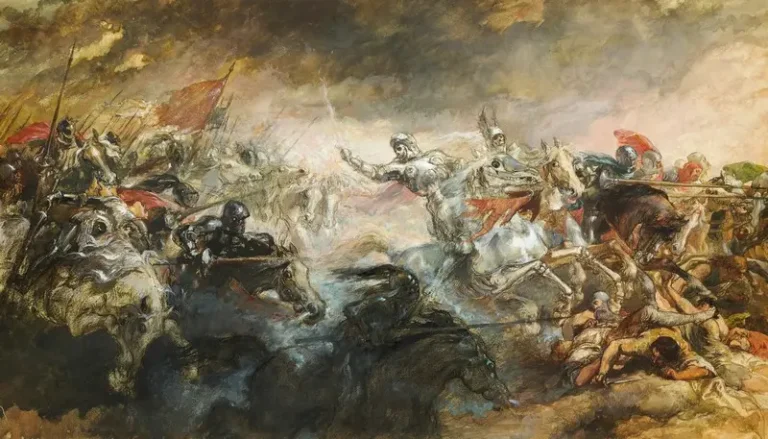Table of Contents
- Introduction: Rethinking Cultural Access and Meaning
- Theoretical Framework: Art, Class, and Cultural Capital
- Historical Overview: Working-Class Artistic Expression
- Contemporary Dynamics: Art in the Age of Neoliberalism
- The Social Functions of Art for the Working Class
- Case Studies: Concrete Expressions of Value
- Challenges and Future Directions
- Conclusion: Reclaiming the Value of Art
Introduction: Rethinking Cultural Access and Meaning
The value of art to the working class has long been a contentious subject in sociology, cultural studies, and political thought. Historically, art has often been positioned as the preserve of elites—an institutionally protected domain of aesthetics, symbolism, and abstraction that is seemingly distant from the material and everyday concerns of working-class life. Yet this assumption neglects the profound ways in which the working class has engaged with, created, and redefined artistic value.
This article explores the sociological significance of art in the lives of working-class individuals and communities. Rather than viewing art as a luxury or external imposition, we consider it as an embedded, dynamic form of cultural expression, resistance, and collective memory. Art, in this view, becomes not only a reflection of life but an instrument through which the working class constructs meaning, challenges power, and fosters both individual and collective identities.
Understanding the value of art to the working class means examining its material, symbolic, and affective dimensions—how it serves as a resource for navigating inequality, asserting dignity, and cultivating hope. By situating art within broader frameworks of class struggle and cultural production, we can better appreciate the transformative potential of working-class creativity.
Theoretical Framework: Art, Class, and Cultural Capital
Pierre Bourdieu and Cultural Capital
Pierre Bourdieu’s theory of cultural capital provides a foundational lens through which to analyze the value of art to different social classes. Bourdieu argued that access to “legitimate” culture—typically defined by elite tastes and institutional validation—was stratified along class lines. Cultural capital refers to the knowledge, skills, and aesthetic dispositions that are valued within dominant cultural fields.
In this context, the working class is often seen as excluded from high culture due to:
- Limited institutional exposure (e.g., museums, galleries, elite education)
- Economic constraints that prioritize utilitarian needs over aesthetic pursuits
- Cultural codes that diverge from dominant tastes
However, this does not imply a lack of creativity or aesthetic value in working-class life. Instead, it invites a reconsideration of what counts as “art” and whose cultural expressions are legitimized. Bourdieu’s framework also reveals how power operates subtly in the domain of taste, with institutions and critics reinforcing hierarchies of value that dismiss or trivialize working-class contributions.
Antonio Gramsci and Cultural Hegemony
Gramsci’s notion of cultural hegemony helps us understand how dominant cultural values are maintained and reproduced. In capitalist societies, ruling-class ideologies permeate the cultural sphere, shaping notions of artistic value, taste, and worth. Nonetheless, the working class has the capacity for counter-hegemonic practices—alternative cultural forms that resist or subvert dominant ideologies.
Art, in this sense, becomes a battleground of meaning. Working-class art—whether found in murals, music, crafts, or storytelling—challenges hegemonic cultural hierarchies and asserts the legitimacy of alternative experiences and worldviews. Gramsci also emphasizes the importance of organic intellectuals—individuals who emerge from within the working class and use culture as a vehicle for political education and emancipation.
Historical Overview: Working-Class Artistic Expression
Industrialization and the Rise of Proletarian Art
During the industrial revolution, working-class communities were formed around shared experiences of labor, displacement, and urbanization. Out of these social conditions emerged rich traditions of folk art, protest songs, and trade union banners. These were not simply aesthetic artifacts but vehicles of solidarity and political expression.
In the 20th century, especially during periods of labor activism, working-class art took on overtly political dimensions:
- Socialist realist art in communist movements
- Labor murals in mining towns
- Protest literature and poetry from working-class authors
Such expressions were deeply rooted in collective experience, often blurring the line between art and activism. Artistic labor was aligned with political labor, forming a cohesive expression of working-class subjectivity. Artistic forms became tools to interpret, critique, and transform reality.
Postwar Cultural Shifts
The post-World War II era saw an expansion of public access to art through education and cultural policy. National arts councils, public broadcasting, and community arts projects sought to democratize culture. However, the persistence of structural inequalities meant that access remained uneven.
Subcultural movements in the 1960s and 1970s—such as punk, ska, and reggae—offered new forms of working-class artistic identity. These genres expressed alienation, resistance, and a desire for cultural autonomy, often through DIY (do-it-yourself) aesthetics that rejected mainstream standards. The aesthetics of these subcultures represented a conscious departure from bourgeois norms, producing not only music but fashion, visual design, and language as acts of defiance.
Moreover, women’s art collectives and queer working-class voices gained visibility, articulating the intersection of class with gender and sexuality in new ways. This pluralization of cultural expression highlighted the heterogeneity within the working class and the multiplicity of its artistic forms.
Contemporary Dynamics: Art in the Age of Neoliberalism
Austerity and Cultural Exclusion
In recent decades, austerity measures and the commodification of public life have reduced working-class access to the arts. Funding cuts to arts education, libraries, and community programs have disproportionately affected low-income areas. The neoliberal logic of individualism and market efficiency has replaced collective cultural investment with privatized, monetized models of artistic production.
Furthermore, the rising cost of living and precarity of work mean that many working-class individuals cannot afford to participate in formal cultural institutions. Art consumption becomes an elite pastime, while working-class cultural production is marginalized. The closure of local theatres, art centers, and music venues not only deprives communities of resources but also silences potential voices and stories.
Digital Platforms and New Possibilities
Get the full article AD FREE. Join now for full access to all premium articles.
View Plans & Subscribe Already a member? Log in.





